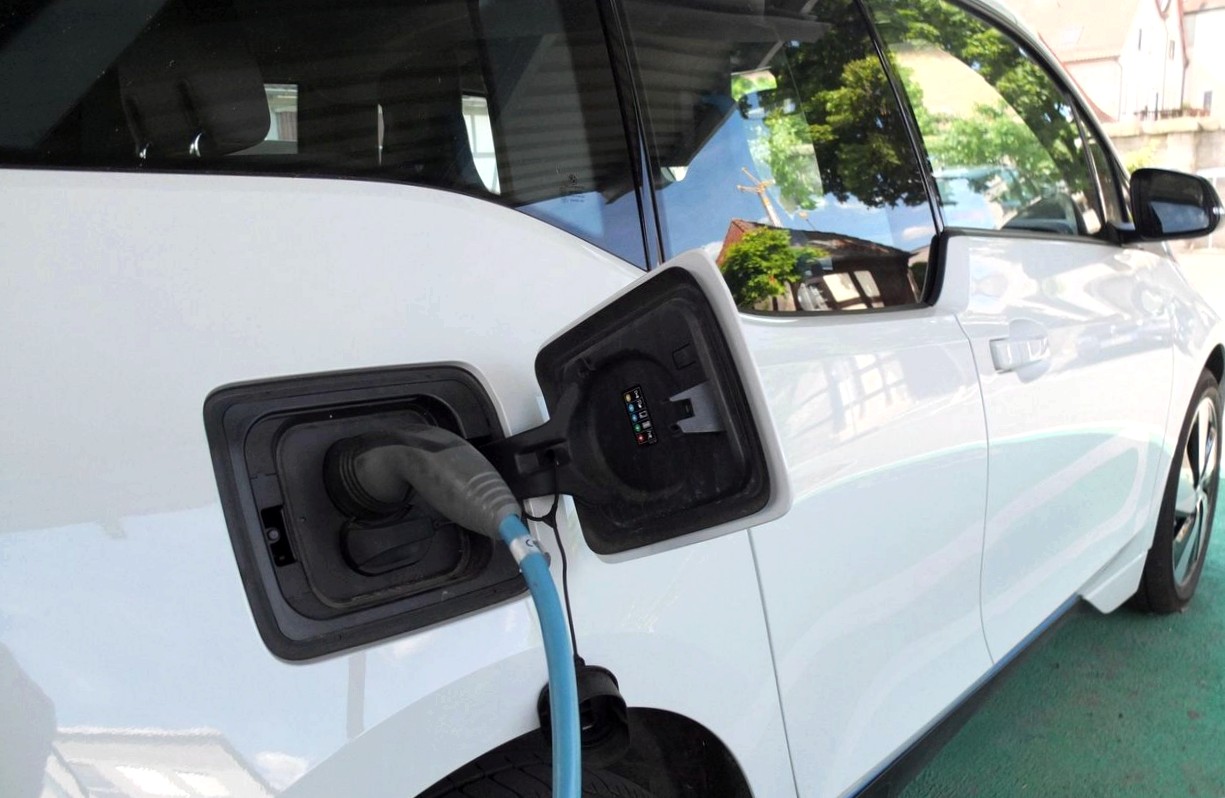District office of forchheim wants to upgrade car fleet with e-vehicles

"We should switch to electromobility", county councilman wolfgang fees (SPD) was convinced at the end of the environment committee meeting. The district administration’s fleet of company cars is to be successively expanded to include more electric vehicles. The board decided to give preference to e-vehicles when leasing or purchasing new vehicles in the future.
The suggestion came from the climate protection manager of the district office, dominik bigge. Background is the goal of reducing carbon dioxide emissions in the county. In contrast to diesel and gasoline vehicles, electric vehicles do not produce any CO2 on site.
Four years of experience with e-cars
Bigge and his employees have looked at the logbooks of all official cars. The agency has had four years of practical experience with electric vehicles. A BMW i3 has been available to district office employees since 2014, and two more e-cars since 2016. In 2018, a new renault zoe was also acquired. "We monitored where there were problems and analyzed the entire vehicle pool", bigge explained. The employees at the district office in forchheim and the office in ebermannstadt can choose from the existing pool of vehicles themselves.
The most important results: employees use the e-vehicles slightly less, so the mileage of the e-cars is slightly below average. But the distances are continuously increasing. "Many employees still don’t know exactly how e-mobility works", explained the climate protection manager. The charging infrastructure in the district, on the other hand, is problem-free. Even charging between two business trips in one day is not necessary in practice.
During the past four years, there have been hardly any problems with the e-cars. In total, there were only four incidents: once, an employee did not charge the vehicle properly and was unable to continue driving. Once there was a defective charging box in ebermannstadt, and once an employee broke down while driving because he hadn’t paid attention to the battery display.
More e-mobility possible at the district office in forchheim
To find out whether additional e-cars made sense, bigge also evaluated the employees’ usage behavior and daily mileage. The result: since they mainly travel short distances (less than 250 kilometers), more e-mobility would be possible. Of the ten vehicles in the forchheim pool, he believes seven could be electrified in the future. Of the five cars in the ebermannstadt pool, four could be electrified. In addition, seven charging stations at the district administration office in forchheim (costing up to 18,000 euros) and two charging stations in ebermannstadt (costing up to 2,500 euros) had to be upgraded at relatively little expense.
The economics between the e-cars and the conventional service vehicles of the district office were also examined. According to a mileage-based full cost calculation, the renault zoe averages 44 cents per kilometer driven. So far, this electric service vehicle has been driven 8000 kilometers. The higher mileage made it significantly more economical (26 cents per kilometer) and thus more favorable for the district office, bigge calculates.
One vote against
District councilor sebastian korber (FDP) could not be convinced by the climate protection manager. "I am not a rough friend of the elektromobilitat. We pretend to be ecological, but we need rare earths for the batteries. We are not being honest." Korber voted against the resolution and criticized the district office for investing in electromobility without knowing which drive technology will prevail in the future. Bigge conceded that transportation experts believe e-mobility will not be the only technology of the future. But he emphasized: "electric vehicles have advantages in the short term, and that is where we are at the district administration office."